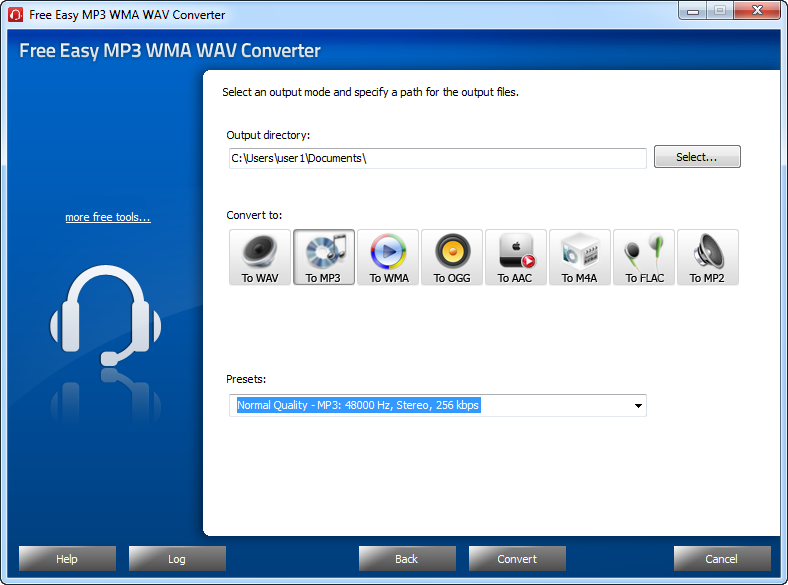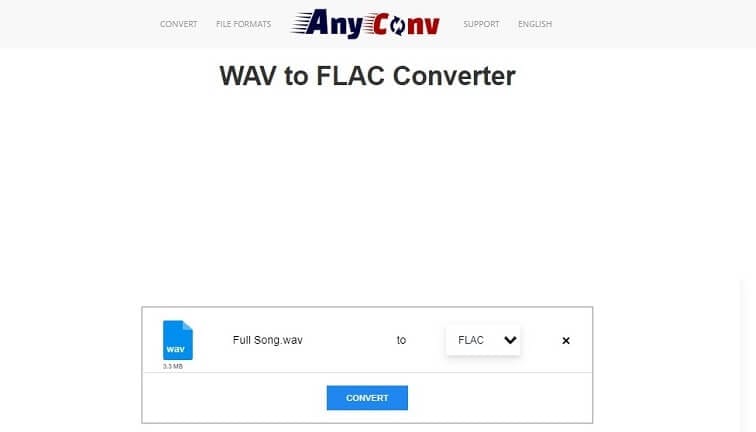



This was my first experience with sox I leafed through its man page to see if there was some way to tell it to be gentle with metadata, and I must say I am stunned by all the cool things you can do with sox. There were a number of differences in the first 70-odd bytes (too many to list here), but it seems the music payload isn't changed. In this case, there was no output (gotta love the tradition of * nix commands that emit a message only when something goes wrong).īased on using hexdump and diff on the converted files, it appears that sox is a bit harder on the metadata than flac, at least by default. I decided I should try sox to see what the results would be. I think I prefer a utility that downsamples when I tell it to, as opposed to by default. Size= 102801kB time=00:09:56.75 bitrate=1411.2kbits/s speed=1.35e+03xĪlso, I'm not comfortable with that "sample/frame number mismatch" error message. sample/frame number mismatch in adjacent frames So, having Linux on hand, I started a terminal session and proceeded as follows.įirst, I used the command-line flac utility to convert a first-generation 24-bit, 44.1kHz WAV file to FLAC, then created a test directory where I could save the FLAC and the subsequent second-generation WAV file.
WAV TO FLAC CONVERTER SOFTWARE HOW TO
I thought about this for a while I could load Audacity, mess around to get the starting points aligned, subtract the two, and voilà, the bitstream of zeros would show that the files are equivalent. But I foresaw a fair bit of work in that approach, plus I didn't see how to best present the bitstream of zeros as evidence. The Well-Tempered Computer article suggests loading both files into an audio editor and subtracting the two tracks. So how could I convince someone that FLAC is a safe storage format for precious musical bits? Using the command line to prove my case
WAV TO FLAC CONVERTER SOFTWARE ZIP
I mean, heck, do we worry that putting our documents in ZIP format might cause us to lose some characters from our sentences? But I really respect this person, who has a great deal of experience in recording and engineering music. I am sure that some of you reading this will be scratching your heads over such an opinion because the whole point of FLAC is lossless compression. Moreover, he believes that such loss of quality means you should never purchase FLAC files when WAV files are available because converting the FLAC back to WAV would be a poor copy of the original. Specifically, he believes something is lost in the conversion from WAV to FLAC and that a "second-generation" WAV resulting from the conversion WAV (1st generation) → FLAC → WAV (2nd generation) would be inferior to the original. In the past, I mostly ignored this whole debate, but recently I found myself in a discussion with someone I greatly respect who held the opinion that FLAC was inferior to WAV in terms of the music content.


 0 kommentar(er)
0 kommentar(er)
